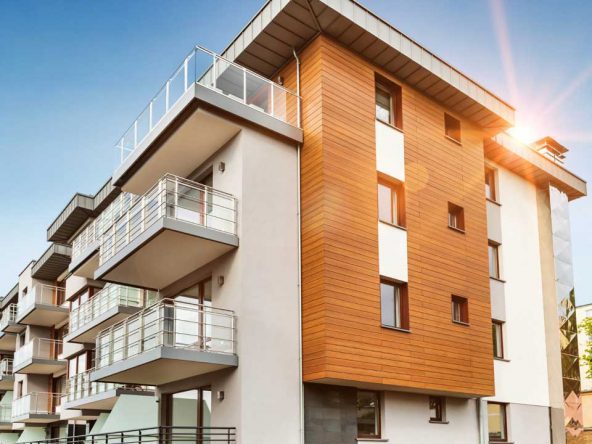Container homes are gaining significant traction in Kenya as a potentially sustainable and cost-effective housing solution. However, before embarking on this exciting venture, it is imperative to navigate the legal and financial complexities involved, while also understanding crucial maintenance considerations.
Legal Considerations:
Securing the necessary building permits from the relevant local authorities is mandatory. These requirements can vary significantly depending on location, the size and complexity of your project, and zoning regulations. Consulting with an architect or experienced builder familiar with local regulations regarding container homes is highly recommended to ensure compliance and avoid potential delays or complications.
Ensure your chosen location allows for container home construction. Zoning regulations may have specific requirements concerning materials, setbacks from property lines, and overall design. Consulting local authorities or a qualified professional is essential to ensure your project adheres to all regulations.
Utilize containers certified for structural integrity and specifically intended for conversion purposes. Avoid purchasing heavily damaged containers, as their safety and durability could be compromised.
Financial Considerations
Develop a realistic and comprehensive budget by factoring in the following:
- Container acquisition: New or used? Single or multiple units?
- Modifications and construction: Insulation, plumbing, electrical work, windows, doors, etc.
- Land and foundation: Purchase or lease of land, foundation type (e.g., slab, piers), and any necessary site preparation.
- Permits, inspections, and utility connections: Additional costs associated with the permitting process, inspections, and connecting utilities.
Consider engaging a quantity surveyor to create a detailed cost estimate, ensuring you account for all potential financial aspects.
Explore financing options available for non-traditional construction projects in Kenya. While traditional mortgage lenders may not readily offer financing for container homes, consider:
- Alternative financing sources: Microfinance institutions or construction loans tailored for non-traditional housing projects.
- Personal savings: Utilize personal savings if available to finance your container home project.
While unique and potentially appealing to specific buyers, market perception of container homes might impact their resale value. Carefully consider this aspect when determining your budget and investment strategy.
Maintenance Considerations
Conduct regular inspections of your container home to identify any signs of wear, damage, or corrosion. Pay particular attention to structural integrity, insulation, and roofing.
Implement rigorous weatherproofing measures to protect your container home from moisture, rust, and extreme temperatures. This includes sealing gaps, applying high-quality rust-resistant coatings, and installing adequate insulation for comfort and energy efficiency.
Take preventive measures to deter pests such as rodents and insects from entering your container home. This includes sealing entry points, using pest-resistant materials, and maintaining a clean environment.
Conclusion:
Container homes present an intriguing alternative in Kenya’s housing landscape. However, careful planning and professional guidance from qualified legal, financial, and construction professionals are crucial to navigate the legal complexities, manage financial considerations, and ensure proper maintenance of your container home.
Disclaimer: This information is for general informational purposes only and should not be construed as legal or financial advice. It is essential to consult with qualified professionals such as lawyers, architects, and financial advisors regarding your specific circumstances and applicable regulations in Kenya.





